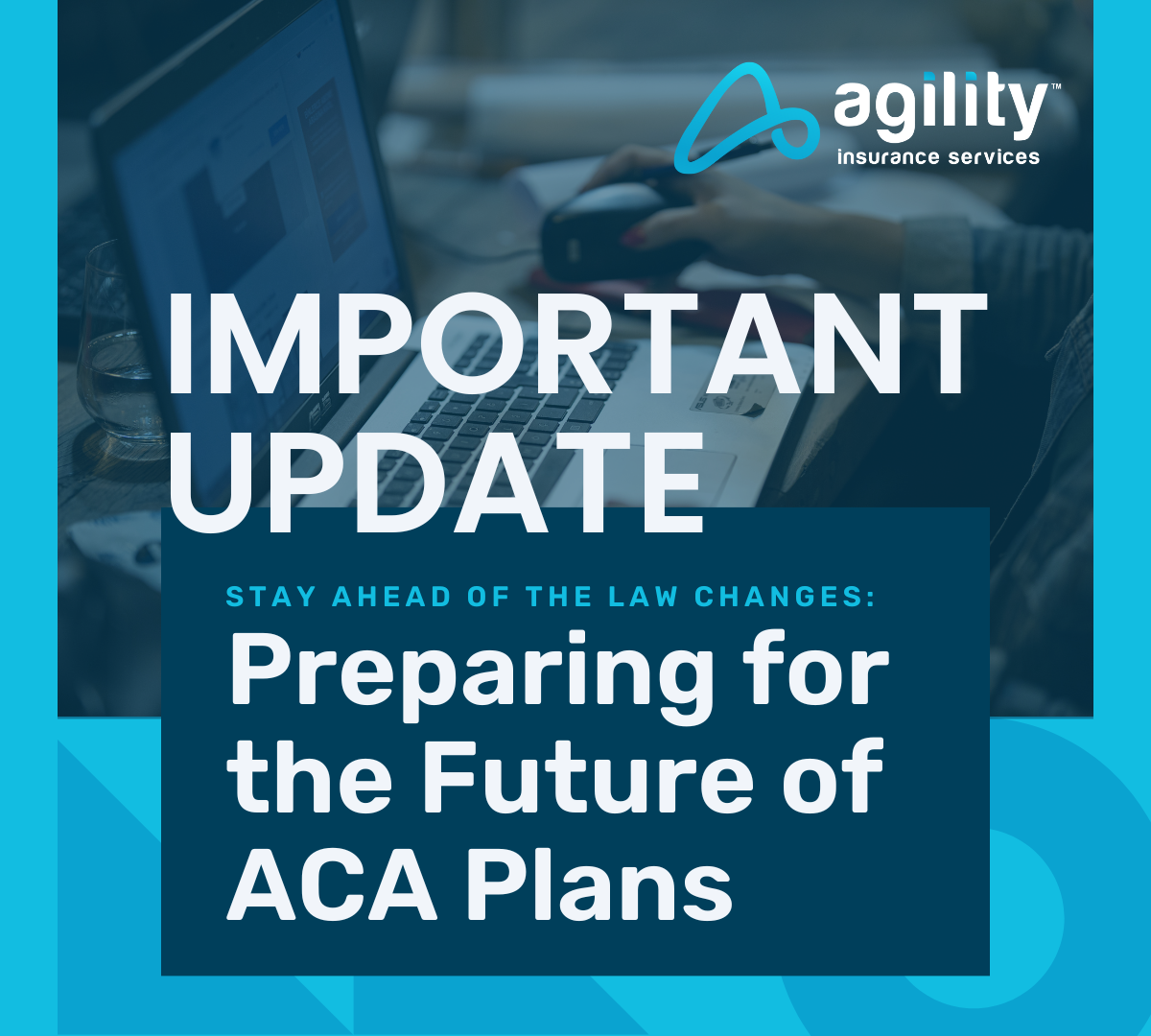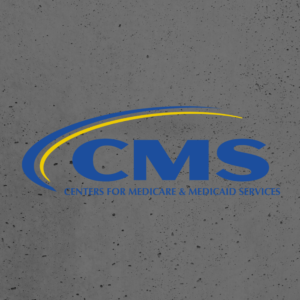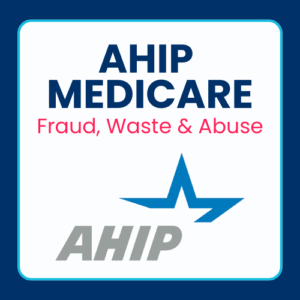The Centers for Medicare and Medicaid Services (CMS) announced its “Major Rule to Lower Individual Health Insurance Premiums for Americans ” late Friday, June 20, 2025. Agility will summarize this announcement below.
Here is the entire CMS announcement for your reference. CMS projects the actions in this rule will reduce individual health plan monthly premiums by 5% and save American taxpayers up to $12 billion in 2026.
Here are the changes the rule implements and its impact on ACA insurance agents.
Open Enrollment Period
The ACA Open Enrollment Period for all health insurance exchanges will begin on November 1, 2026, and end on December 31, 2026.
Opportunity For Agents
- ACA prospects have a greater sense of urgency to make choices quicker.
- Agents need sharper focus, better organization, and proactive communication to achieve higher conversion rates. This urgency generates more ACA sales activity and revenue.
- On January 1, 2027, ACA agents should contact their ACA clients with supplemental products to address coverage gaps (vision, dental), high-cost shares (hospital indemnity), and any other issues your clients need to address.
Special Enrollment Periods (SEPs) (effective 2026 plan year)
- The bill eliminates the year-round Low-Income Special Election Period (SEP) enrollment opportunity for people with incomes up to 150% of poverty.
Opportunity For Agents
- Higher quality clients and better retention of ACA clients with regular, proactive communication.
- Develop a strong supplement product portfolio to assist ACA clients with higher cost shares and premiums.
- Medicare and ICHRA are markets to add to your portfolio to broaden your product reach and client base.
Verifying Income Information for Premium Subsidies (effective January 1, 2026)
ACA clients receiving a premium subsidy must verify their household income to qualify for an ACA premium subsidy.
Opportunity for Agents
Increase your technology platform capabilities to include AI automation, which helps ACA clients confirm household income.
Verifying Eligibility for SEP Enrollments (effective January 1, 2026)
Most ACA enrollments using SEPs will require verification of SEP eligibility for the SEP facilitating the enrollment.
Opportunity for Agents
Increase your technology platform capabilities to include AI automation to reach ACA clients regarding these documents confirming SEP eligibility.
Using “Needing Care Loophole” to Enroll (effective January 1, 2026)
This loophole enabling people to wait until they need care to enroll is closed.
Opportunity for Agents
Closing this loophole should improve the risk pool for these ACA Marketplace plans and lower monthly premiums for all ACA clients, especially middle-class families not receiving subsidies.
Reducing Advanced Payments of the Premium Tax Credit (APTC) for Automatic Re-enrollment Clients (effective January 1, 2026)
It reduces the APTC for ACA clients on automatic re-enrollment without verifying their household income by $5 per month on fully subsidized ACA plans.
Opportunity for Agents
Set automation reminders for $0 Premium clients to receive that verifies their income eligibility for the full subsidy in the Marketplace. If clients fall out of compliance, contact directly to walk them through what they must do, maybe even as they do it with you on the phone.
The above actions are temporary and expected to end on December 31, 2026. The following actions will continue beyond the end of 2026:
2012 “Lawfully Present” Interpretation Returns (effective January 1, 2026)
DACA recipients can no longer enroll for ACA coverage and Basic Health Plan (BHP) coverage in states operating a BHP, including APTC, premium tax credits, and cost-sharing reductions.
Opportunity For Agents
- Inform any DACA clients about their loss of eligibility and work with them to find group coverage and cooperative health coverage they may access in their area.
- If none of the above options are available, investigate fixed indemnity and other supplemental policy options that will allow these DACA recipients to enroll for coverage.
Prohibits Federal Subsidies from Covering Gender Affirming Care (effective January 1, 2026)
No subsidies can pay for the cost of “specified sex-trait modification procedures.”
Opportunity for Agents
Inform clients with premium subsidies or CSR that these subsidies don’t cover the care costs mentioned above and that it will be their full responsibility to pay.
Some of these items are in the “Big’ Beautiful Bill” going through Congress now. Agility discusses the opportunities in the bill for ACA agents in this article and this one.
We will keep you informed on the latest news about this bill in our blogs. Sebastian Alcantara, our ACA product specialist, will help you with any questions about the rule changes discussed above and the opportunities they present to agents. Sebastian can also refer you to our Medicare and Supplement product specialists to answer any questions specifically in these product areas.
Contact Agility Producer Support at (866) 590-9771 or email support@enrollinsurance.com for answers to any insurance questions. Agility can also add you to our free weekly email list for tips and vital information!



